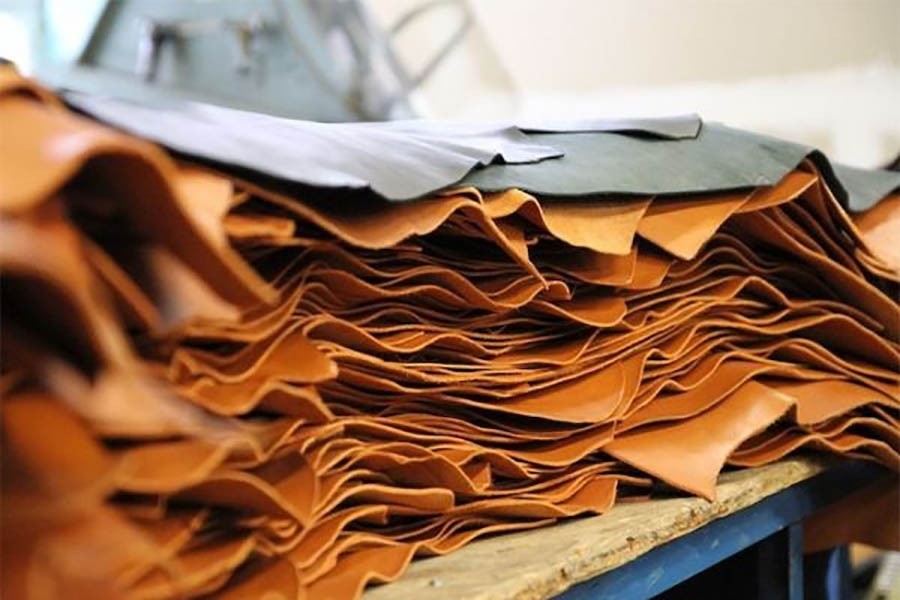Problems regarding infrastructure pose as one of the major problems affecting the country’s leather and leather goods (LLGs) export, as per a study by Bangladesh Enterprise Institute (BEI).
Other constraints of LLGs export are excessive cost of doing business, exchange rate appreciation and policy-induced disincentives for exporters, identified the study.
BEI project leader on trade and investment Dr Mohammad Abdur Razzaque presented the study on Sunday at a stakeholder consultation workshop held at Lakeshore Hotel in the city.
The title of the study is titled “Leather and Leather Goods Exports from Bangladesh: Performance, Prospects, and Policy Priorities.”
The study points infrastructural bottlenecks to be a major problem affecting the overall export industry, let alone the leather sector.
There are also major issues like inland transportation, port infrastructure, trade logistics which is affecting the export competitiveness, said the report.
Other factors somewhat withholding the country’s second largest export sector are excessive cost of doing business, time required for registering properties, costs of enforcing contracts, and high land price, according to the study.
The study also says procedures and formalities involving international trade are much more costlier in Bangladesh.
“One effective way of reducing the cost and lead time to exports could be establishing more off-dock facilities like private container freight stations (CFS) or inland container depot (ICDs),” it suggested.
The study also points out some major policy-induced problems like an increasing real exchange rate or anti export bias saying since 2012, the real exchange rate has appreciated by 60 per cent.
On the other hand, an inbuilt anti-export bias within the trade policy regime creates a disincentive among the local producers.
“To overcome the strong anti-export obstacles, it is important that the leather sector exporters are supported directly through different export incentive schemes” suggested Dr Razzaque.
The study also stressed upon the need for developing domestic capacity in designing, marketing and product research and development.
Moreover, setting up training centres for skill development and effective operation of the Tannery Estate Dhaka (TED) has also popped up as a suggestion in the study including others.
The $5 billion export mark by 2021 on LLGs will be a daunting task to achieve if the obstacles are not overhauled.
President and CEO of BEI Ambassador Farooq Sobhan chaired the consultation workshop.
Many distinguished persons including Professor and Chairman, Department of Development Studies of Dhaka University Dr Abu Yusuf spoke at the workshop.


